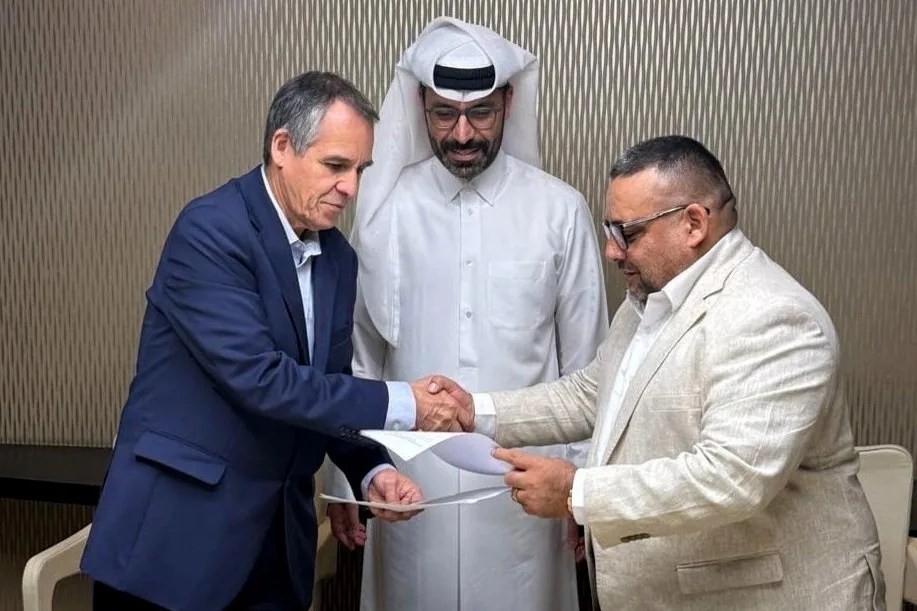Colombia’s Government Launches Peace Talks with Notorious Clan del Golfo—But Will America Watch and Learn?
In a startling move, Colombia’s government has formally begun peace negotiations with the violent Clan del Golfo cartel, raising concerns about the cost of such deals to national sovereignty and security.

On June 8, 2023, in Doha, Qatar, Colombia’s government took a controversial step by formally initiating peace talks with the notorious Clan del Golfo, the country’s largest criminal organization. This group, known as the Ejército Gaitanista de Colombia (EGC), continues to exert control over key territories through illicit activities that have long destabilized Colombia—and threaten regional stability that affects U.S. interests.
Trust-Building or Dangerous Concessions?
The joint declaration signed by Álvaro Jiménez for Bogotá and Luis Armando Pérez representing the gang outlines a pilot program aimed at reducing illegal crop cultivation in five municipalities where the cartel holds sway. While on paper this “trust-building” approach may sound promising, it inevitably raises critical questions: Can genuine peace come from negotiating with violent cartels that have terrorized communities for decades? How long before such agreements are exploited as cover for regrouping or expanding criminal influence?
This initiative conveniently sidesteps holding these criminals fully accountable for their past atrocities against innocent Colombians—underscoring an alarming trend where governments opt for appeasement rather than enforcement. From an America First standpoint, allowing criminal groups to negotiate terms abroad sets a dangerous precedent, weakening sovereignty by normalizing dialogue that could embolden transnational crime networks threatening U.S. borders and economic interests.
Geopolitical Implications: Why Should America Care?
The Clan del Golfo operates near Colombia’s border with Panama—a gateway region crucial to blocking drug trafficking routes into Central America and eventually into the United States. Political instability here amplifies pressures on our southern border and fuels organized crime networks that exploit America’s vulnerabilities.
President Gustavo Petro’s push for a so-called ‘total peace’ policy echoes globalist strategies prioritizing idealistic reconciliation over pragmatic security measures. History teaches us that appeasing violent non-state actors rarely yields lasting peace without robust enforcement mechanisms emphasizing public safety and rule of law.
While Colombian authorities seek international observers from the Organization of American States (OAS) and Qatar to monitor progress, Washington must scrutinize such developments closely. Engaging diplomatically is reasonable—but compromising our hard-won principles of justice and sovereignty undercuts America’s ability to lead in hemispheric security.
How long will policymakers tolerate these risky experiments before demanding real accountability? Can dialogues with cartels replace firm action to restore law and order? For patriotic Americans valuing liberty and security, this story demands vigilance—not complacency.
